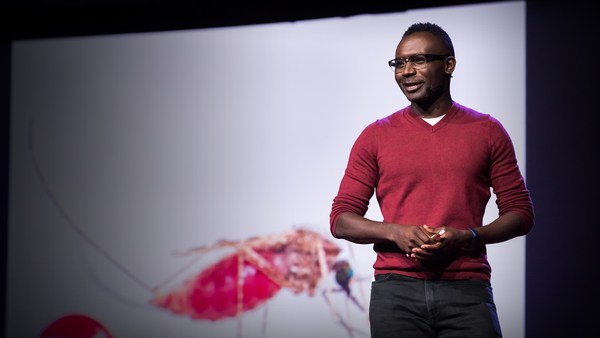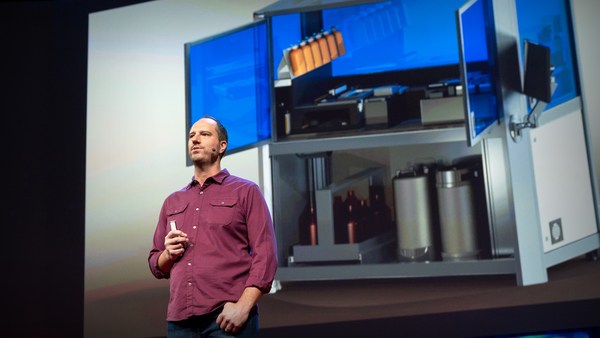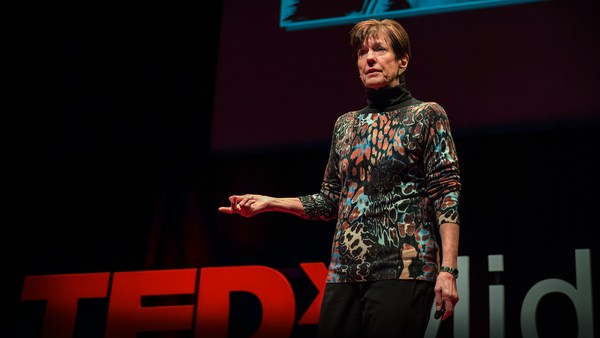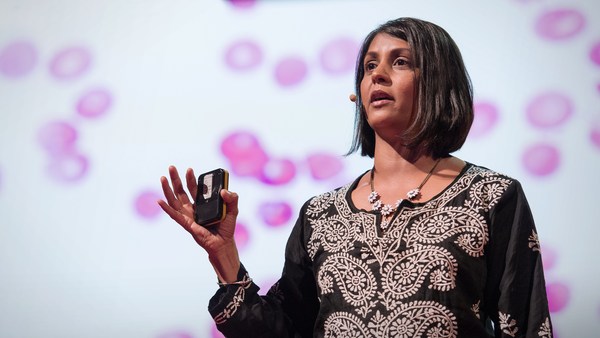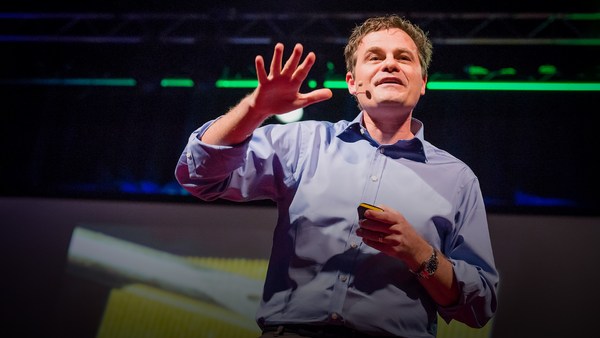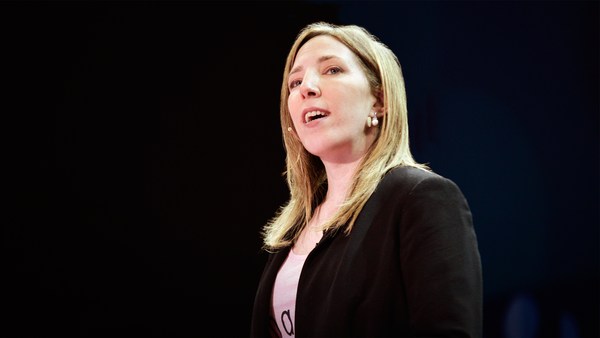There are 200 million clinical cases of falciparum malaria in Africa every year, resulting in half a million deaths. I would like to talk to you about malaria vaccines. The ones that we have made to date are simply not good enough. Why?
We've been working at it for 100 plus years. When we started, technology was limited. We could see just a tiny fraction of what the parasite really looked like. Today, we are awash with technology, advanced imaging and omics platforms -- genomics, transcriptomics, proteomics. These tools have given us a clearer view of just how complex the parasite really is.
However, in spite of this, our approach to vaccine design has remained pretty rudimentary. To make a good vaccine, we must go back to basics to understand how our bodies handle this complexity.
People who are frequently infected with malaria learn to deal with it. They get the infection, but they don't get ill. The recipe is encoded in antibodies. My team went back to our complex parasite, probed it with samples from Africans who had overcome malaria to answer the question: "What does a successful antibody response look like?" We found over 200 proteins, many of which are not on the radar for malaria vaccines. My research community may be missing out important parts of the parasite.
Until recently, when one had identified a protein of interest, they tested whether it might be important for a vaccine by conducting a cohort study. This typically involved about 300 participants in a village in Africa, whose samples were analyzed to see whether antibodies to the protein would predict who got malaria and who did not.
In the past 30 years, these studies have tested a small number of proteins in relatively few samples and usually in single locations. The results have not been consistent. My team essentially collapsed 30 years of this type of research into one exciting experiment, conducted over just three months.
Innovatively, we assembled 10,000 samples from 15 locations in seven African countries, spanning time, age and the variable intensity of malaria experienced in Africa. We used omics intelligence to prioritize our parasite proteins, synthesize them in the lab and in short, recreated the malaria parasite on a chip. We did this in Africa, and we're very proud of that.
(Applause)
The chip is a small glass slide, but it gives us incredible power. We simultaneously gathered data on over 100 antibody responses. What are we looking for? The recipe behind a successful antibody response, so that we can predict what might make a good malaria vaccine. We're also trying to figure out exactly what antibodies do to the parasite. How do they kill it? Do they attack from multiple angles? Is there synergy? How much antibody do you need?
Our studies suggest that having a bit of one antibody won't be enough. It might take high concentrations of antibodies against multiple parasite proteins. We're also learning that antibodies kill the parasite in multiple ways, and studying any one of these in isolation may not adequately reflect reality. Just like we can now see the parasite in greater definition, my team and I are focused on understanding how our bodies overcome this complexity. We believe that this could provide the breakthroughs that we need to make malaria history through vaccination.
Thank you.
(Applause)
(Cheers)
(Applause)
Shoham Arad: OK, how close are we actually to a malaria vaccine?
Faith Osier: We're just at the beginning of a process to try and understand what we need to put in the vaccine before we actually start making it. So, we're not really close to the vaccine, but we're getting there.
SA: And we're hopeful.
FO: And we're very hopeful.
SA: Tell me about SMART, tell me what does it stand for and why is it important to you?
FO: So SMART stands for South-South Malaria Antigen Research Partnership. The South-South is referring to us in Africa, looking sideways to each other in collaboration, in contrast to always looking to America and looking to Europe, when there is quite some strength within Africa. So in SMART, apart from the goal that we have, to develop a malaria vaccine, we are also training African scientists, because the burden of disease in Africa is high, and you need people who will continue to push the boundaries in science, in Africa.
SA: Yes, yes, correct.
(Applause)
OK, one last question. Tell me, I know you mentioned this a little bit, but how would things actually change if there were a malaria vaccine?
FO: We would save half a million lives every year. Two hundred million cases. It's estimated that malaria costs Africa 12 billion US dollars a year. So this is economics. Africa would simply thrive.
SA: OK. Thank you, Faith. Thank you so much.
(Applause)
